Maximize stamina, simplify eating, and thrive on a real-world schedule—with minimal tools and maximum results.
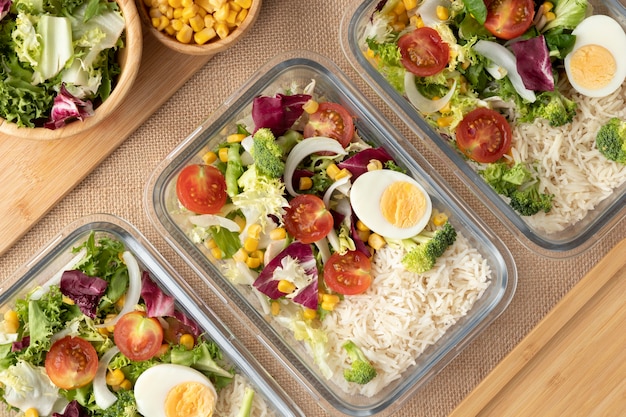
Endurance isn’t just about how long you can run, cycle, or work—it’s about sustained energy, mental clarity, and physical resilience. One of the most effective, science-backed ways to support endurance is through consistent, nutrient-dense eating. But with busy schedules, grabbing a quick snack or skipping meals becomes the norm—sabotaging long-term performance.
Enter meal prep: a strategic approach to preparing meals in advance that supports energy balance, muscle recovery, and metabolic efficiency. Studies show that individuals who plan and prepare meals are more likely to consume adequate protein, fiber, and essential micronutrients—key drivers of endurance and stamina.
Protein plays a critical role in building and repairing muscle tissue, stabilizing blood sugar, and prolonging satiety—all crucial for endurance. Research indicates that consuming 20–30 grams of high-quality protein per meal optimizes muscle protein synthesis, especially when distributed evenly across the day.
Meal prepping allows you to portion protein-rich foods like eggs, chicken, legumes, tofu, or Greek yogurt in advance, ensuring you hit these targets without last-minute scrambling. Pairing protein with complex carbohydrates (like oats, sweet potatoes, or quinoa) and healthy fats (avocado, nuts, olive oil) creates a balanced fuel source that powers through long workdays or workouts.
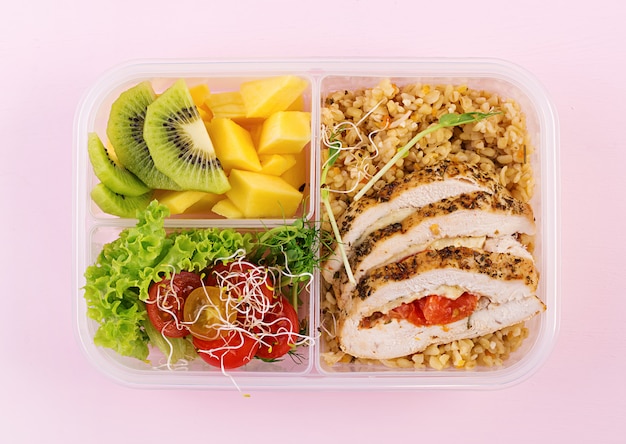
The best meal prep is one you can stick to. This plan is designed for real life—minimal equipment, affordable ingredients, and flexible recipes.
Divide meals into reusable containers. A typical lunch might include:
Breakfasts can be pre-portioned overnight oats: 1/2 cup oats, 1 tbsp chia seeds, 1 cup almond milk, and a scoop of protein powder—ready in the fridge by morning.
You don’t need a fully stocked kitchen. Here’s what you actually need:
With just these basics, you can prep a week’s worth of endurance-boosting meals in under two hours.

Life happens. If you miss Sunday prep, try a 20-minute midweek refresh: cook a quick batch of eggs, chop fresh veggies, or blend a protein smoothie base. Even partial prep beats daily takeout.
Batch cooking one or two staples (like a big pot of chili or grain bowl base) ensures you always have a healthy fallback. And don’t underestimate frozen vegetables and canned beans—they’re nutritious, affordable, and cut prep time dramatically.
Consistent meal prep isn’t about perfection—it’s about progress. Over time, this habit supports better energy regulation, improved recovery, and stronger endurance. You’ll likely notice fewer energy crashes, better focus, and increased physical stamina—whether you’re training for a race or powering through a demanding job.
And the best part? You don’t need a personal chef, expensive supplements, or a gourmet kitchen. Just a little planning, science-backed nutrition, and commitment to your well-being.

Wellness

Wellness

Wellness

Wellness

Wellness
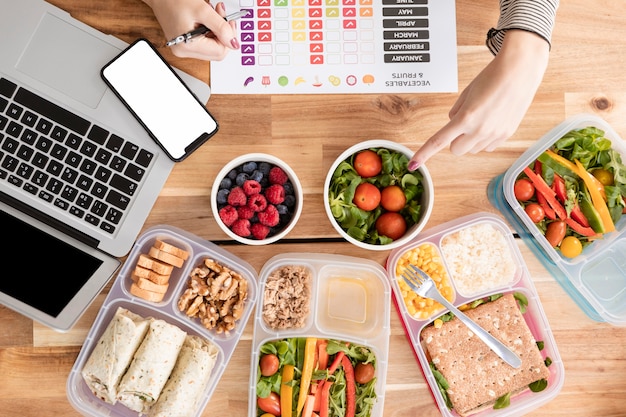
Wellness
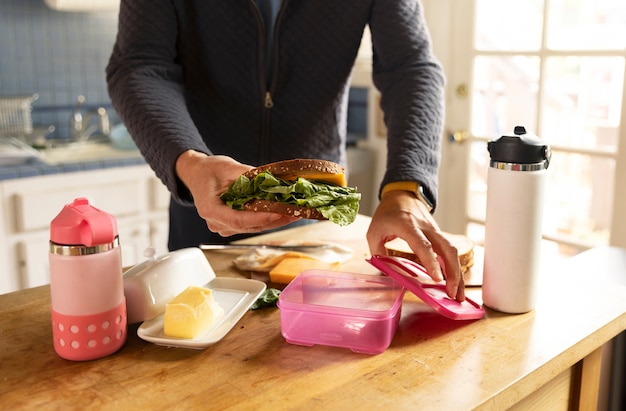
Fitness
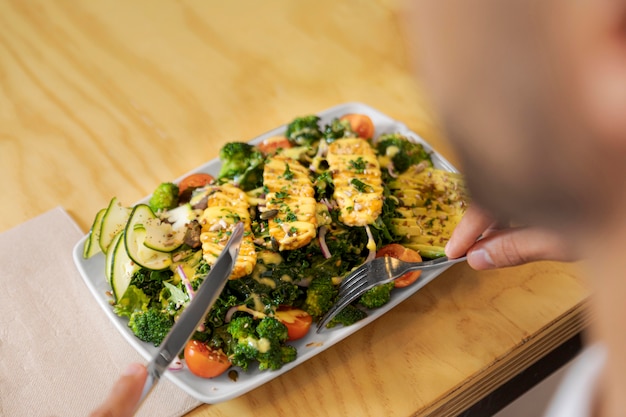
Wellness
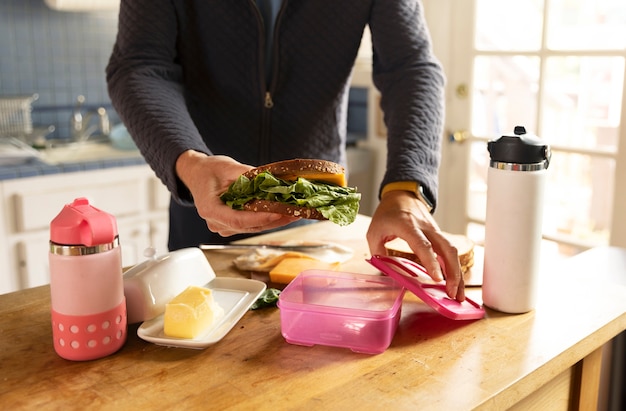
Wellness
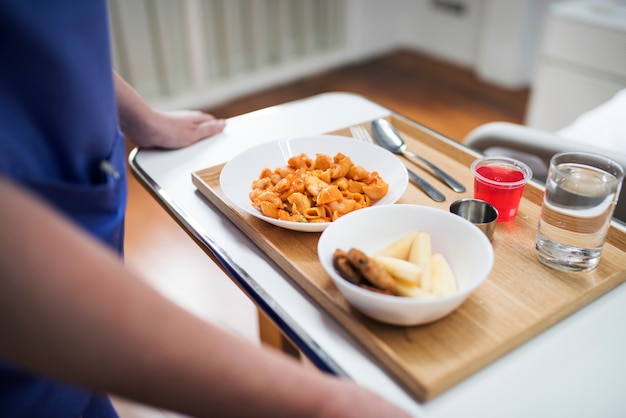
Health

Wellness
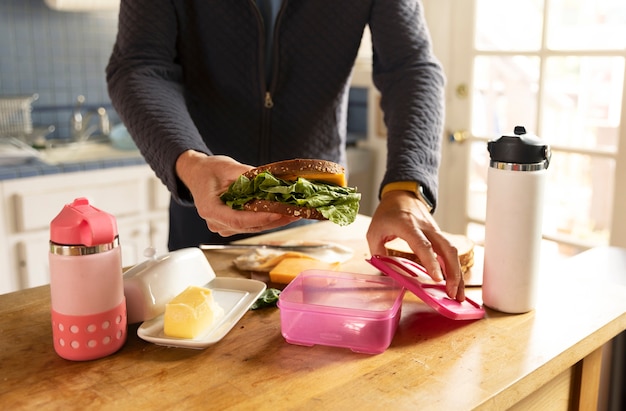
Wellness

Health

Fitness

Health

Health